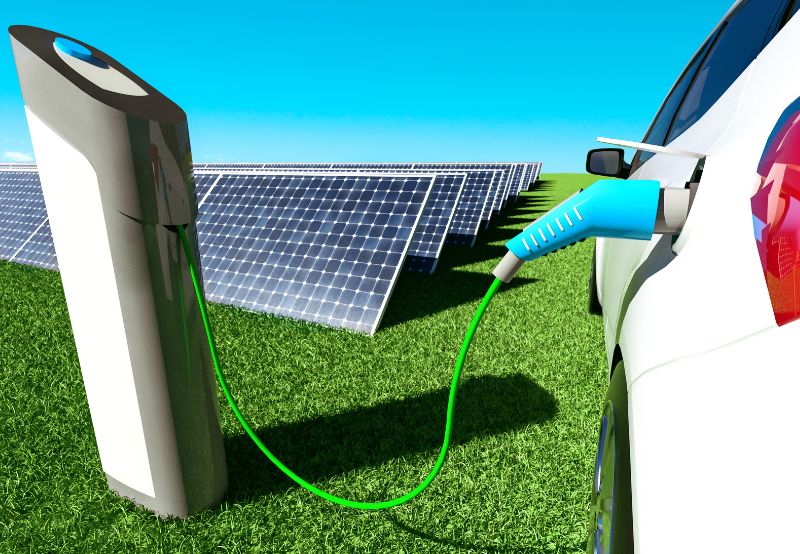With Parliament finally approving the Mines and Minerals (Development and Regulation) Amendment Bill, 2023 that allows the private sector to mine key atomic minerals, including lithium, and deep-seated minerals such as gold, silver, copper, zinc, lead, nickel, cobalt, and platinum, the way has been paved for a big push to the electric vehicles and new age electronics sectors.
It is very difficult and expensive to explore these deep-seated high value minerals as compared to surficial or bulk minerals. These minerals are extremely critical for modern electronics, transition to clean energy (solar, wind, electric vehicles) as well as in traditional sectors like infrastructure and defence.
Demand for minerals like lithium used in lithium-ion batteries for running electric vehicles as well as chips for solar plants and electronic goods is likely to increase manifold as the focus shifts towards clean energy.
The share of deep-seated minerals in domestic mineral production is very meagre and the country has been heavily dependent on imports to meet its demand. Geopolitical uncertainties are making the sourcing of these minerals more difficult as China is the dominant supplier. The new law, therefore, comes at the right time to help to overcome these hurdles.
The new law removes 6 minerals from the list of 12 atomic minerals namely, Lithium bearing minerals, Titanium bearing minerals and ores, Beryl and other beryllium bearing minerals, Niobium and Tantalum bearing minerals and Zirconium-bearing minerals. This will now enable private companies who have the technology and finances to accelerate the mining of these minerals.
Many of the minerals that were listed as atomic minerals have numerous non-atomic applications. In most cases, the non-atomic uses of these minerals far outweigh their atomic use. Many such minerals are not fissile or radioactive in nature.
The new amendment passed by the Parliament also empowers the Central Government to exclusively auction mining lease and composite licence for certain critical minerals viz. molybdenum, rhenium, tungsten, cadmium, indium, gallium, graphite, vanadium, tellurium, selenium, nickel, cobalt, tin, platinum group of elements, minerals of “rare earth” group (not containing Uranium and Thorium); fertilizer minerals such as potash, glauconite and phosphate (without uranium) and minerals being removed from the list of atomic minerals.
Only 19 blocks of minerals have been auctioned so far by the State Government viz. graphite, nickel and phosphate out of 107 blocks handed over to the various State Governments. Once these idle mines are tapped, the states will also see their share of revenue going up.
Besides, the new law also introduces an exploration licence for deep-seated and critical minerals. Even though 100% foreign direct investment (FDI) is allowed in mining and exploration sector through automatic route, currently there is no significant FDI received in these sectors. World over junior mining companies having expertise are engaged in exploration of minerals, especially of deep seated and critical minerals such as gold, platinum group of minerals, rare earth elements, etc. Hence there is an urgent need to attract FDI in these sectors which will now be possible.
“The minerals are needed to build a new, modern India, and for the country to become a developed nation by 2047 (the centenary of India’s independence). He said India had been importing the minerals despite its rich, natural resources because of policy paralysis, corruption and nepotism in the past,” Mines Minister Pralhad Joshi said.
With the Bill being passed by both the houses of Parliament, it will now be sent to the President of India for assent.



















